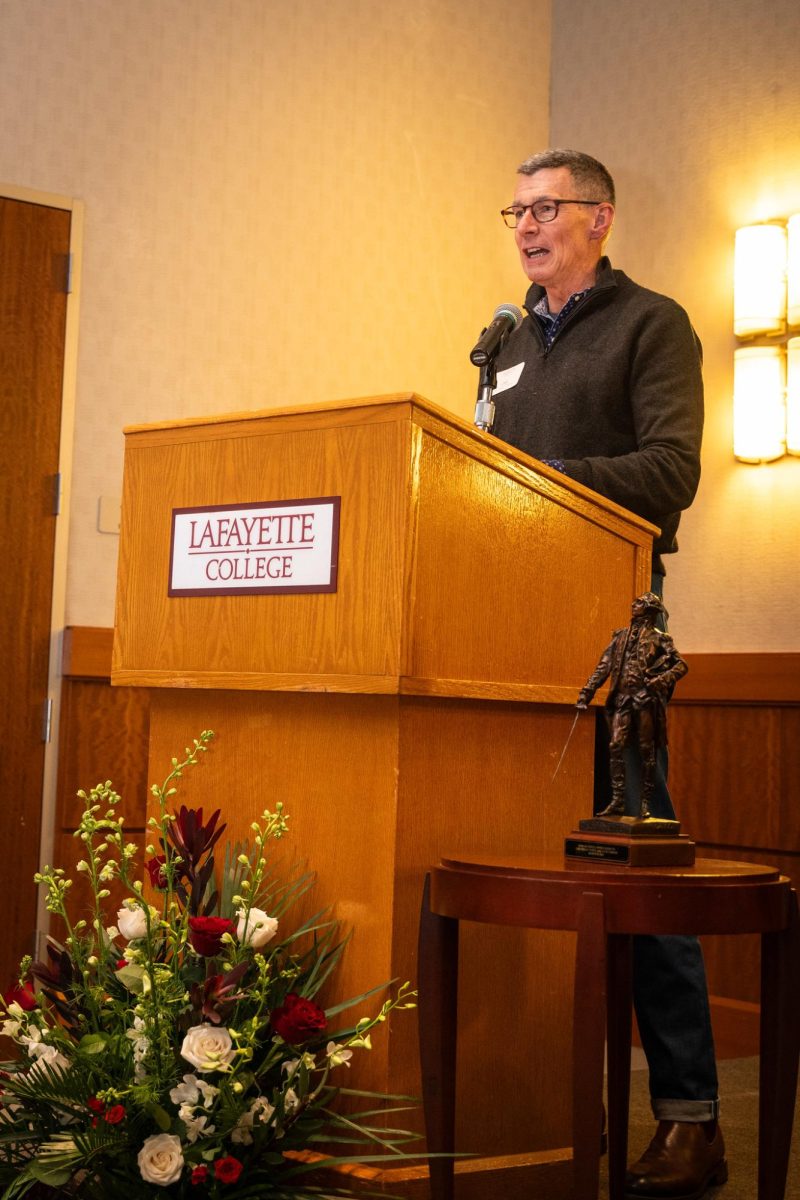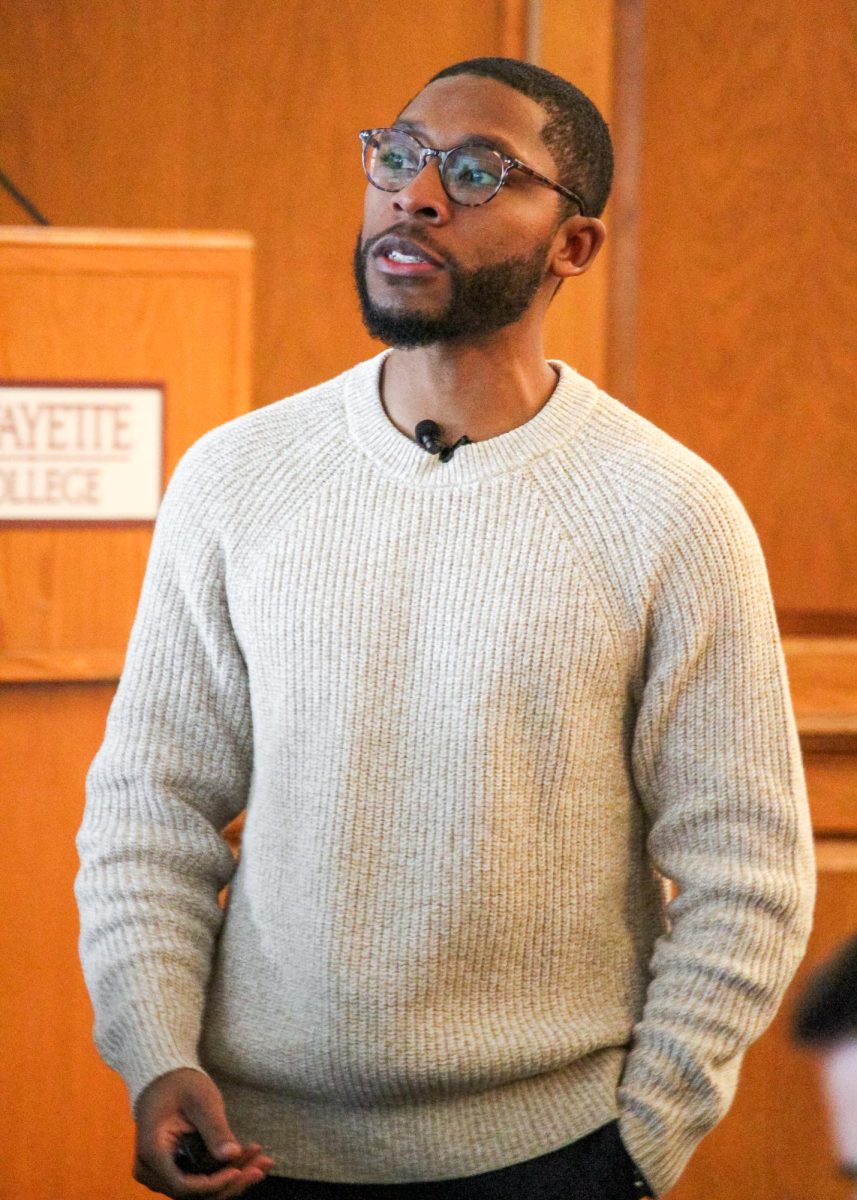Incident highlights campus alert system
A student was sexually assaulted Saturday at approximately 3 a.m., according to an email sent out by Lafayette College’s Department of Public Safety to the campus community.
The email was sent out on the Monday following the attack, after a secondhand report of the assault was made to public safety. It was sent because the offense posed a continuing threat to campus, Director of Public Safety Robert Sebattis said.
“Certain people on campus have a responsibility to report crimes – it was a person in that class,” Sebattis said, remarking that it was because it was reported secondhand that there was no suspect description provided.
Responsible employees who must share details of any report include resident assistants and the residence life staff, faculty, student life staff, club advisors and more recently, PARDners, according to the Sexual Violence Prevention, Education and Response website.
According to Sebattis, the details of the case described in the email, such as the specific residence hall where the incident occurred, were also withheld to preserve and protect the identity of the victim.
Sabattis would not discuss further details of the assault due to the ongoing nature of investigation.
“The only way we could comment is if there were charges preferred, either college or criminal,” Sabattis said.
“We will investigate this based upon the information provided, and if we can identify a person who might be responsible, we’ll pursue that,” Sabattis said. “But that doesn’t necessarily mean that any sort of charges, whether it be college, or criminal, will follow. Because, as it should be, the victim has the call on that.”
Not every sexual assault is reported by email to the campus community. When an incident occurs on campus, colleges and universities must determine if a timely warning or emergency notification must be disseminated to the campus community, according to the Clery Center for Security on Campus, a nonprofit organization aiming to make campuses safe.
The decision to send out a Clery notification, referring to a federal statute requiring colleges to disclose information on crimes, is made “when the offense represents a serious or continuing threat to the community,” Sabattis said.
In this case, the decision to notify the campus community via email notification was made because it was unclear whether the victim knew the person responsible for the attack. Because there is a possibility that the attacker was random, the assault potentially represents a continuing threat to the community, Sabattis said.
In the past, students were alerted about sexual assaults each time a report was made, regardless of whether or not there was a threat posed to the rest of campus. Now, in accordance with federal manate, each announcement is decided on a fact by fact, case sensitive basis.
“Even if we don’t send out an alert on a Clery crime, crimes are always reported in the newspaper’s crime log,” Sabattis said. “That is always there for public disclosure.”








































































































